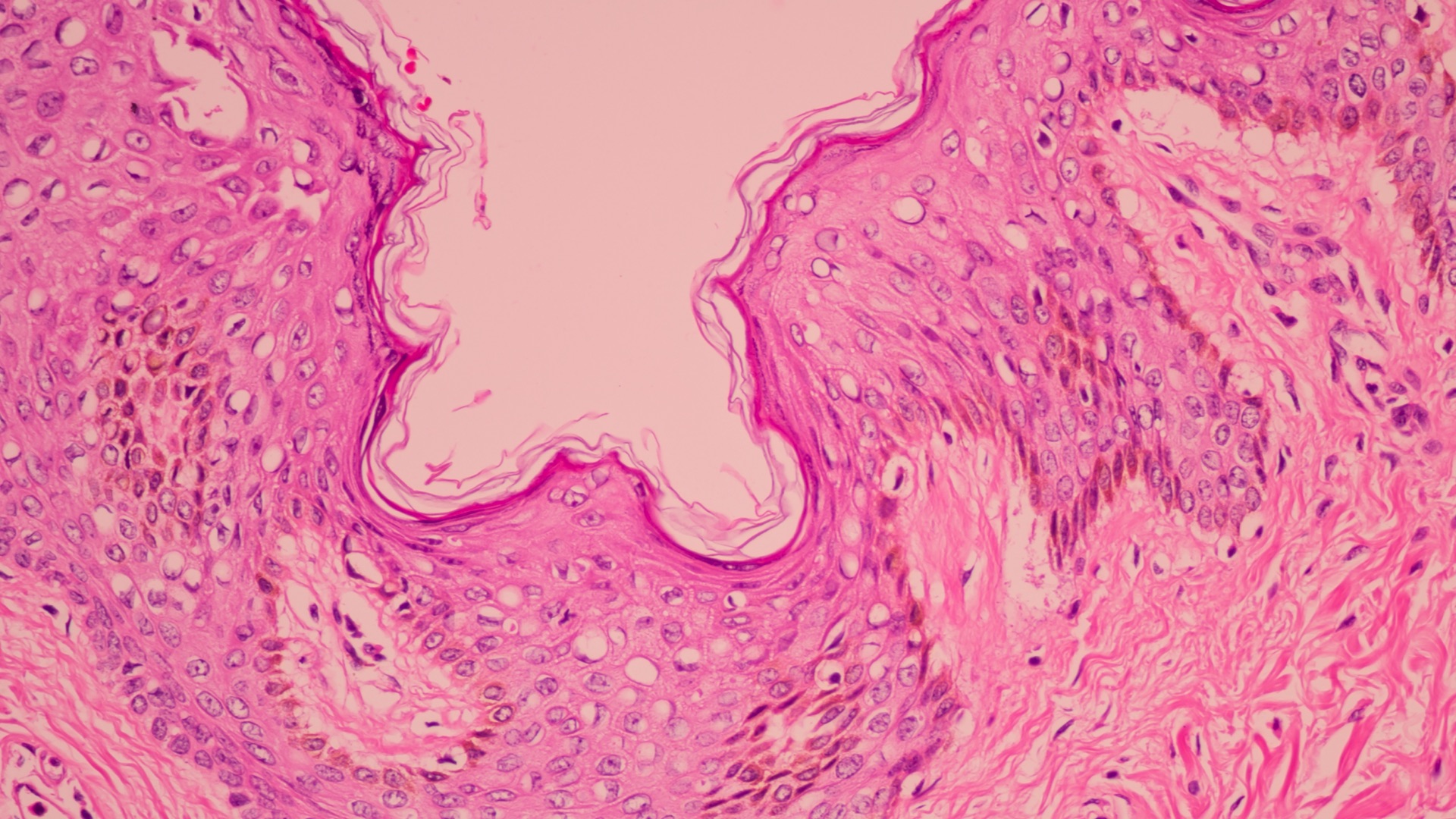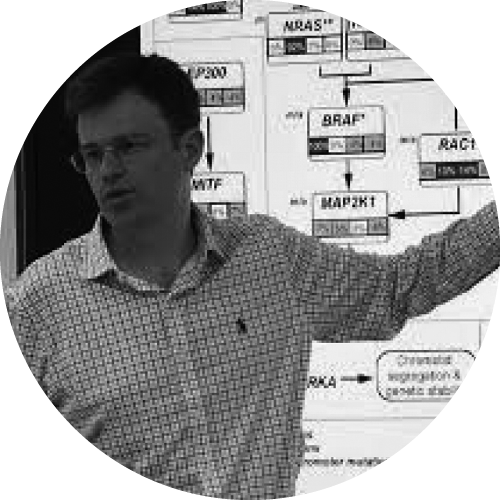

Dr Dave Adams
Wellcome Sanger InstituteDr Dave Adams is a Senior Group Leader, investigating how genetic alterations contribute to cancer development and the genetic wiring of cancer cells using approaches such as CRISPR genome editing. This provides fundamental insights into how cancers develop and evolve and how genetic changes in cancer genomes may be used as targets for cancer therapy.
Dr Adams graduated from the University of Sydney in 2000 with a PhD in Medicine and joined the Sanger Institute in 2001 as a Postdoctoral Research Fellow. During this time, he developed technology for large-scale engineering of genomes, which was deployed to model human genetic diseases to better understand the role of genome structure in regulating disease phenotypes. In 2006 Dr Adams became a CR-UK Career Development Fellow allowing his team to deploy approaches such as transposon-mediated insertional mutagenesis to identify cancer genes and to define drug resistance mechanisms. Over this period David developed an interest in cancer predisposition and performed large-scale sequencing studies of familial melanoma kindred ultimately resulting in the identification of POT1 variants that result in telomere dysregulation. This gene is now routinely screened for variants in families with a history of melanoma and other malignancies. Subsequent work has also linked variants in POT1 with chronic lymphocytic leukaemia, bowel cancer and a type of lymphoma called CTCL.
In 2012 David became a CR-UK Senior Fellow and also a Senior Group Leader in the Cancer Programme of the Sanger Institute. With CR-UK support the Adams’ group not only continued to perform genetic screens but also started to explore the link between germline mutations and the somatic genetic landscape of cancer, which ultimately resulted in the observation that variants in the MC1R gene – known as R alleles – are associated with a higher mutational burden in melanomas from patients who carry these alleles. This was the first illustration of how a common genetic variant can alter the somatic genetic landscape of a cancer.
More information about Dr Adams can be found here: https://www.sanger.ac.uk/person/adams-david/